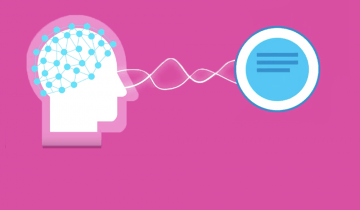Adults with Cerebral Palsy have unique care needs related to physiological changes that occurred with growth and development with Cerebral Palsy, including mental health, yet experience many barriers to proper care.
Though the initial insult or injury to the brain that causes cerebral palsy is non-progressive, aging with cerebral palsy and lack of physical activity during critical periods of development can impact biologic and metabolic function for adults with cerebral palsy.
There are multiple factors that impact bone health, including birth weight, nutrition, medications for seizures and/or reflux, genetics, and physical activity. Targeted exercise to improve bone health in childhood can be sustained into adulthood, and childhood is the best time to promote bone health.
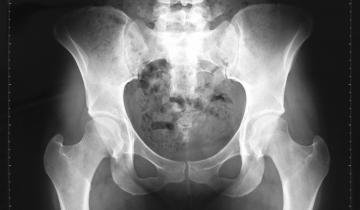
It's important for all of us who are imposed with certain physical boundary conditions to push those boundary conditions as far as possible and maintain as much independence as absolutely possible.
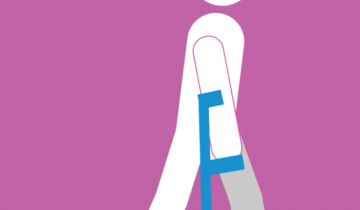
One of the things that was identified through research is that patients with cerebral palsy have higher rates of depression and anxiety than you would see in the general population.
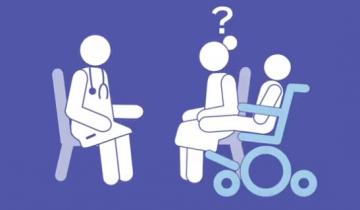
The typical cognitive assessments that are used for children require them to be able to use their hands to point to pictures or hold puzzle pieces.
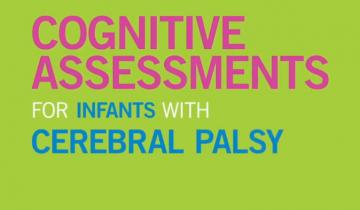
For a child with CP learning to move, the really important things to remember are that the child should always be active.
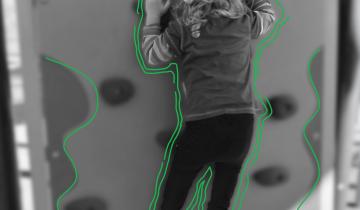
The future of science advancements is endless. In this video Dr. Ted Conway discusses the possibility of thought to speech. One of the really interesting areas of research in biomedical engineering is thought to speech. The concept of thought to speech is fairly straightforward, the execution to make this a reality is a little more complicated.
